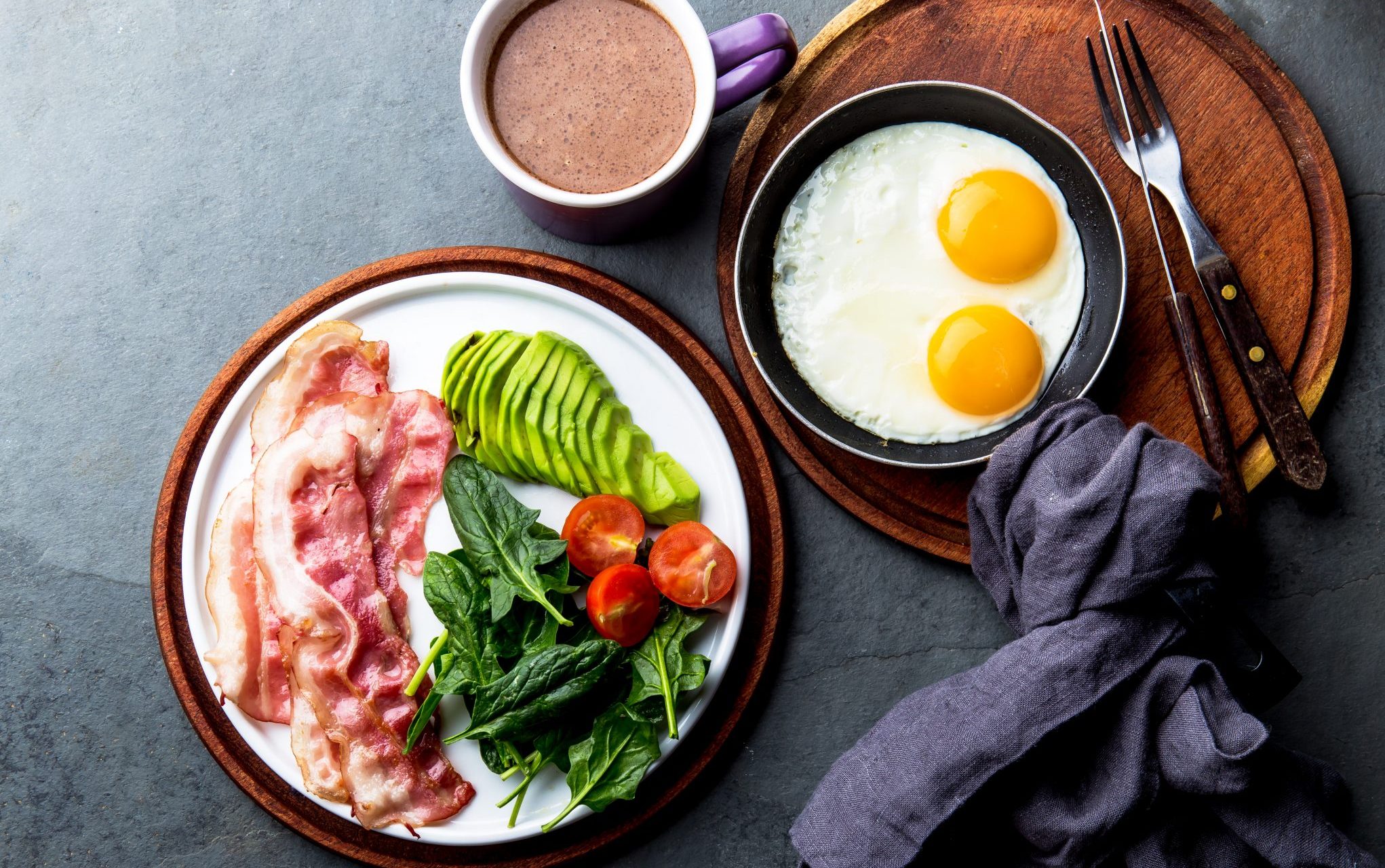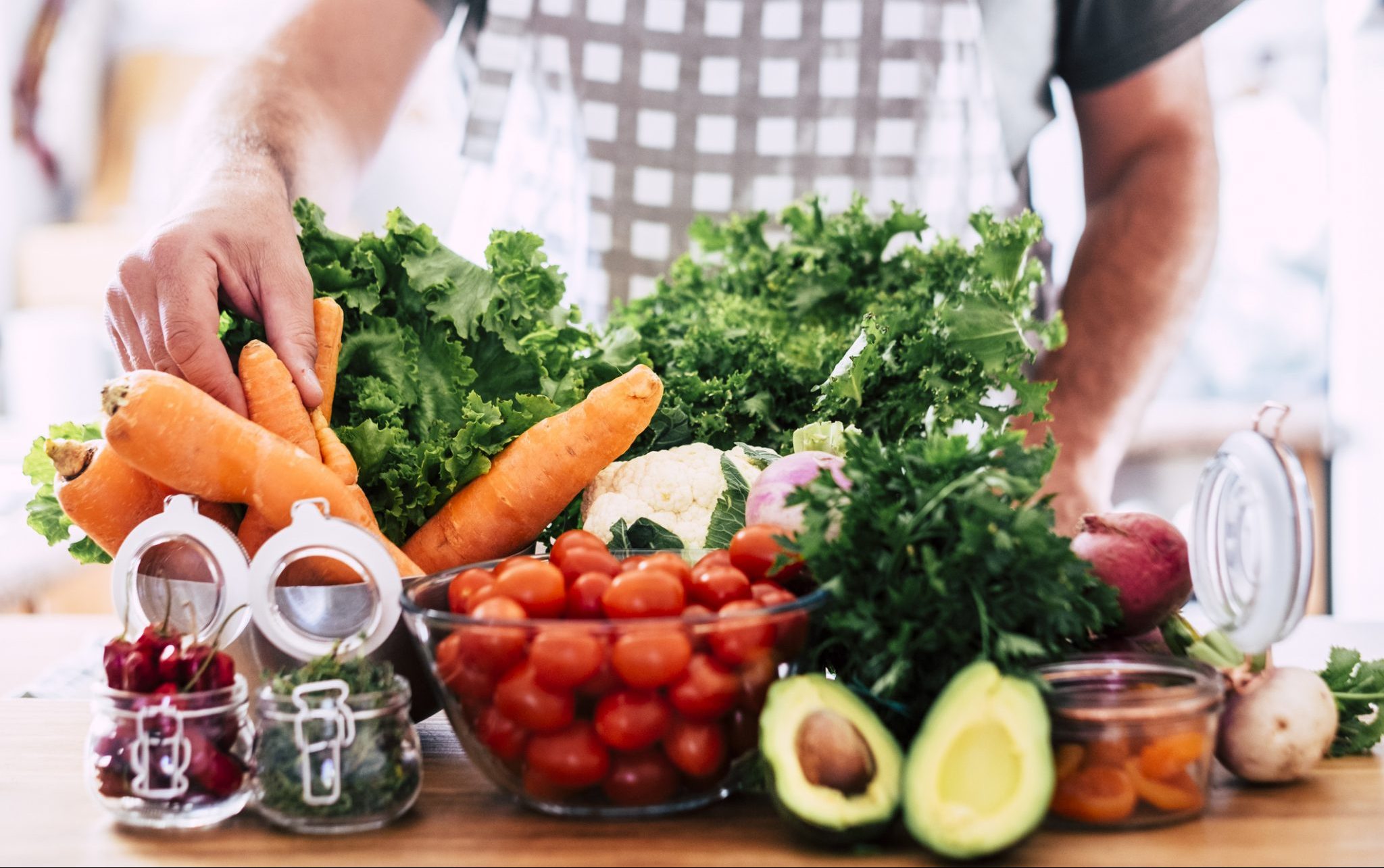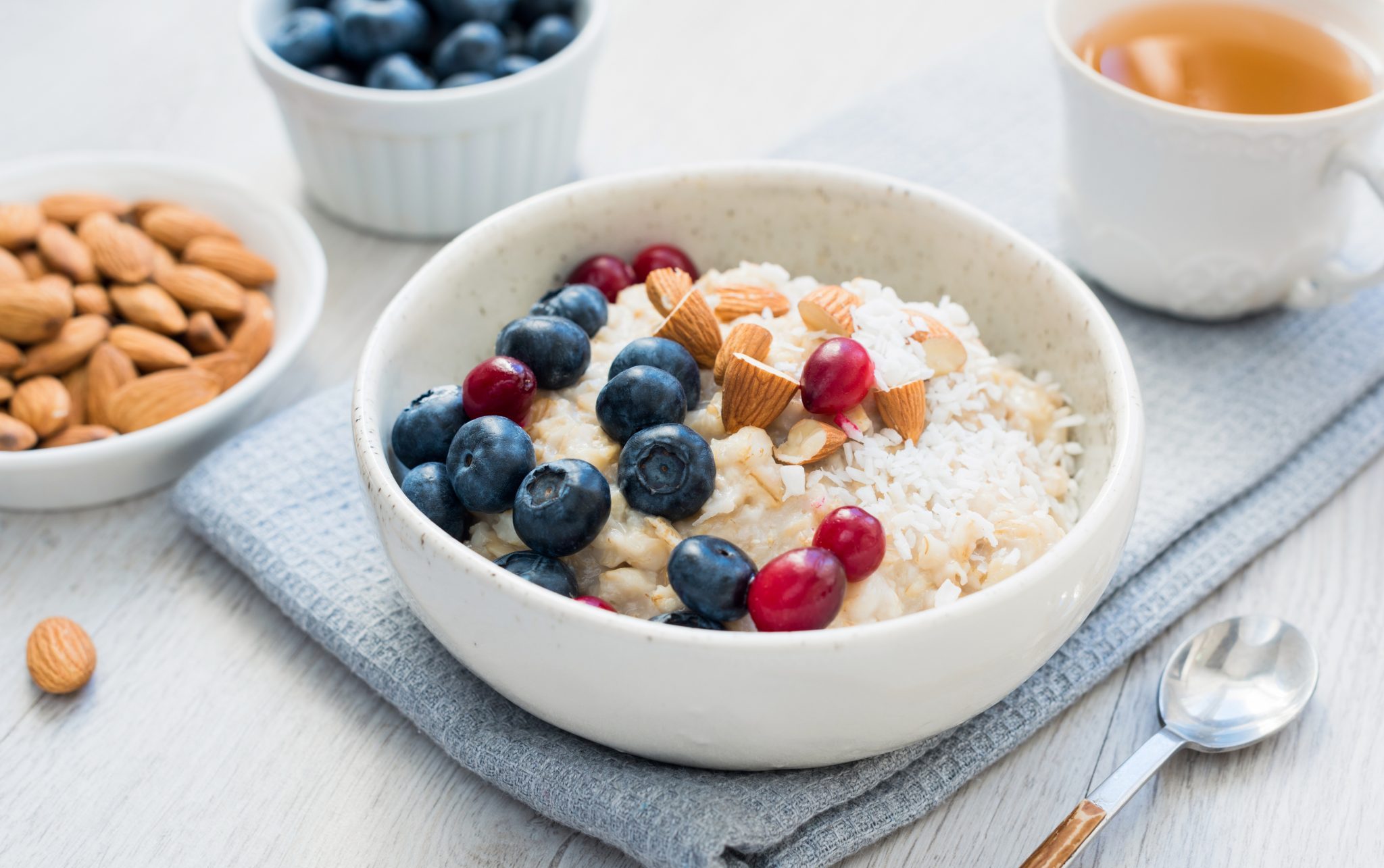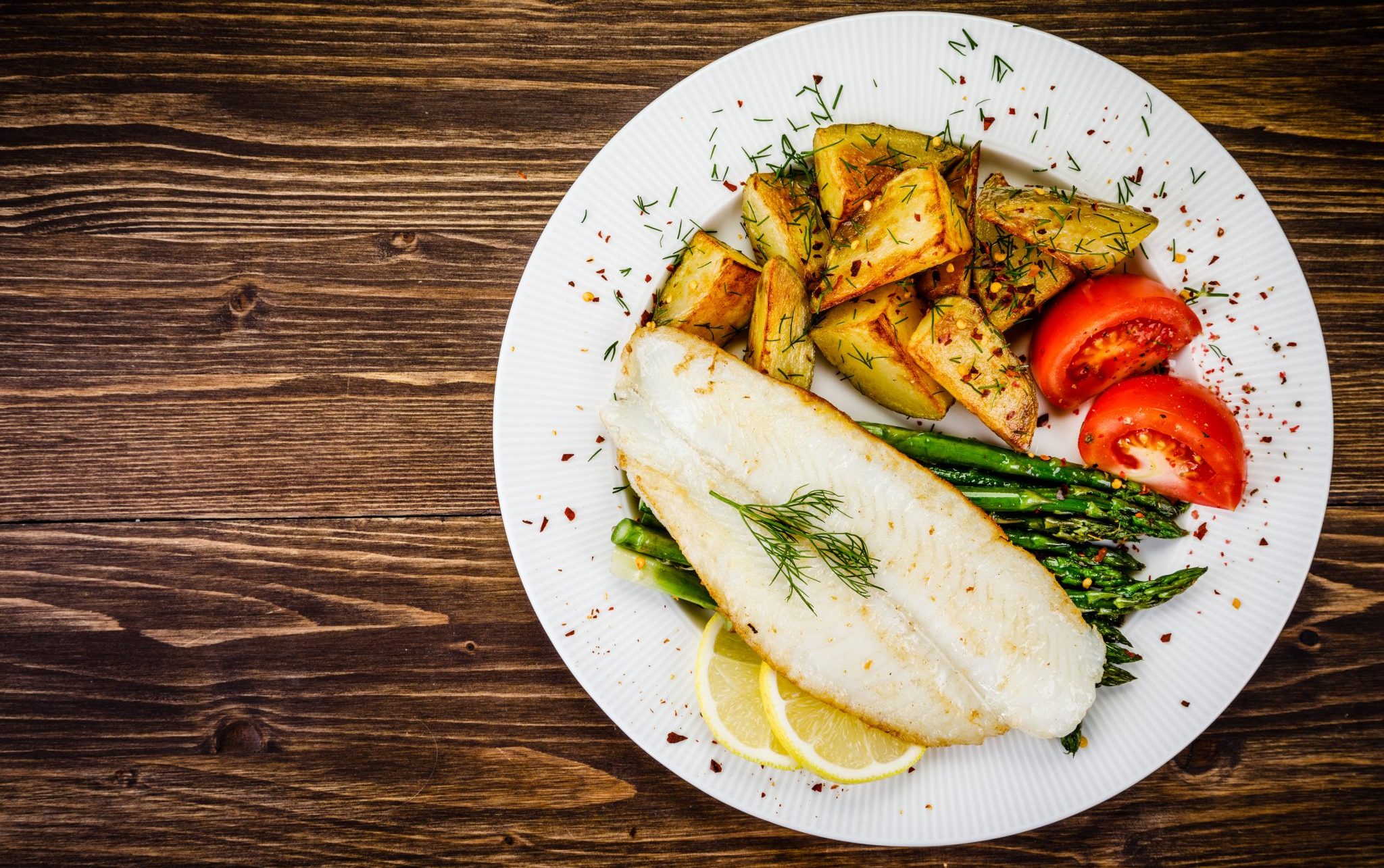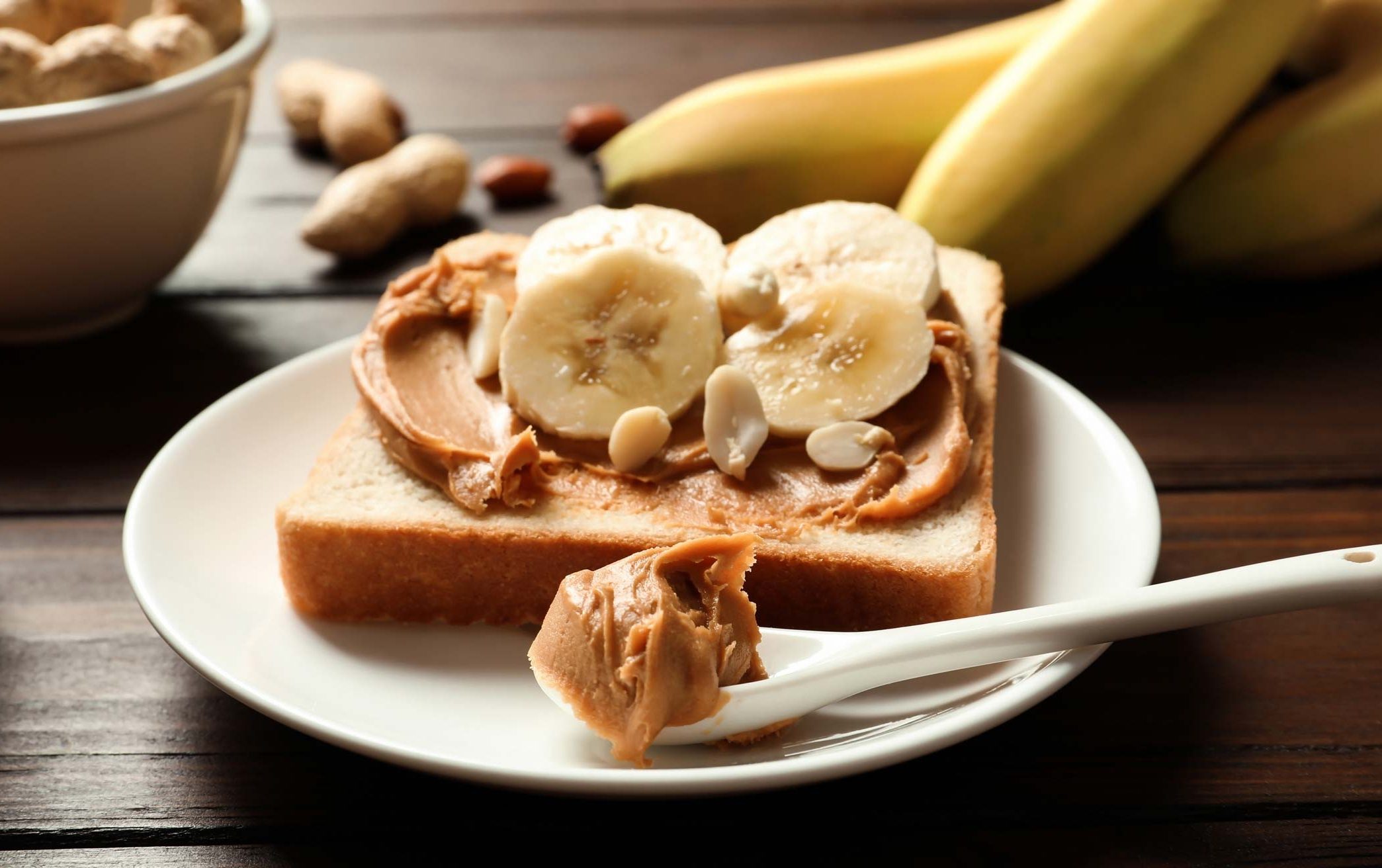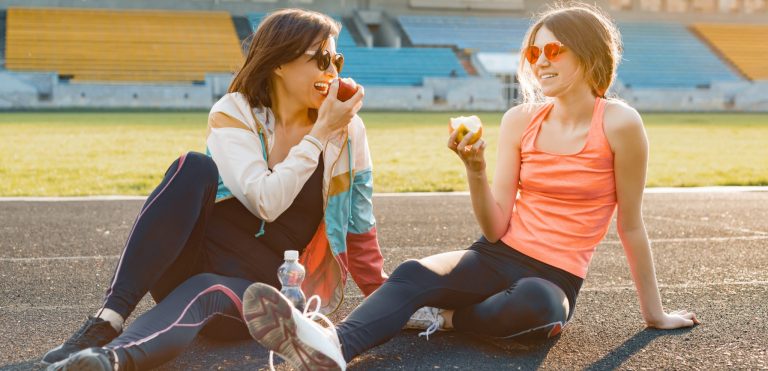Breaking a sweat and getting your heart rate up may seem like the most important aspects of a workout, but did you know that what you eat after exercise is just as important? Good post workout nutrition can help you recover faster, build muscle, and, overall, make you fitter.
And who doesn’t want to reap those benefits? If you’re taking the time to exercise, make sure to maximize your efforts by choosing the right foods to refuel.
This article breaks down what you need to know about post exercise nutrition.
Macronutrients in Recovery: Amounts and Timing
The macronutrients – protein, carbohydrates, and fat – each play an important role in how you recover from working out.
When you exercise, your body taps into glycogen, the storage form of carbohydrates that’s kept in the muscles. At the same time, the pressure you put on your muscles through pounding pavement or lifting weights causes them to break down and acquire small tears.
So, getting enough carbohydrates and protein after a sweat sesh is incredibly important to replenish glycogen stores and repair muscles.
In fact, studies on post workout nutrition suggest that carbs and proteins work together during the recovery process. Eating these two macronutrients together helps maximize the rates of both glycogen and protein synthesis more than just eating protein or carbs alone.
Here are the general guidelines for post workout nutrition for muscle gain and optimal recovery:
- Consume 2-1.5 grams of carbs/kg of body weight (~0.5-0.7 grams/pound) in the first 30 minutes after a workout to maximize the refueling process.
- For protein, shoot for 3-0.5 grams of protein/kg of body weight (~0.1-0.2 grams/pound).
- Eat carbs and protein in a 3:1 ratio, such as 75 grams of carbs to 25 grams of protein.
But if you aren’t able to put together a meal with carbs and protein within the first half hour after a workout, don’t sweat it! Your body can still replenish glycogen stores and repair muscles if you eat within the first few hours post-exercise, just not at its maximum rate.
What about fat? Even though your body primarily relies on carbs and protein to refuel, you should still incorporate fat into your post-gym nosh. Healthy fats provide a good source of calories and can help you absorb some vitamins better. Plus, they can keep you full.
And let’s not forget about the last macronutrient...water! Replenishing the fluids you lost during exercise will help you stay hydrated and have a better recovery. The amount of water a person needs varies, but the general recommendation is 2.7 liters per day for adult women and 3.7 liters per day for adult men. If you exercise regularly, especially in hot temperatures, you may need more water.
Micronutrients in Recovery
Regular exercise, especially intense training, may increase your needs for certain vitamins and minerals.
If you eat a balanced diet with mostly healthful foods, you likely don’t need any additional vitamin or mineral supplements to support exercise recovery. However, there are some micronutrients that are especially important for athletes to get from foods.
Sodium and potassium are electrolytes that are lost through sweat during exercise. Iron is vital for delivering oxygen throughout the body, and B vitamins are necessary for converting food to energy. Finally, athletes may need more calcium and vitamin D to support bone health and vitamins A, C, and E to combat oxidative stress from exercise.
Sample Meal Ideas
Now that you know the importance of post workout meals, here are some of our favorite foods that you can eat to support your recovery and get enough calories, protein, carbs, fat, and micronutrients!
Healthy Carbs
- Potatoes: sweet, white, purple
- Whole grains: brown rice, farro, quinoa, oats, barley, bulgur, teff, spelt
- Fruits: apples, bananas, berries, grapes, peaches, pineapple, mango
- Legumes: black beans, lentils, peas, pinto beans, white beans
- 100% whole wheat products: pasta, bread, English muffins, crackers
- Squash: butternut, acorn, pumpkin
Lean Proteins
- Meat: chicken, turkey, beef, lamb, pork
- Eggs
- Dairy products: Greek yogurt, kefir, milk (Chocolate and regular), cheese
- Fish: salmon, sardines, halibut, shrimp, cod
Satisfying Fats
- Avocados
- Nuts and seeds: walnuts, almonds, pistachios, cashews, hemp seeds, chia seeds, pumpkin seeds
- Olive and avocado oils
- Shredded coconut
Food Sources of Important Micronutrients
- Potassium: tomatoes, potatoes, banana, oranges, avocados, spinach
- Sodium: iodized salt and sea salt, olives, beets, celery, carrots
- Iron: meat, fish, leafy greens, legumes
- Calcium: dairy, leafy greens, soy, almonds
- Vitamin D: fatty fish, fortified foods (like milk and orange juice), sunshine
- B vitamins: fish, leafy greens, legumes, seeds (found in varying amounts in certain foods)
- Vitamin A: sweet potatoes, butternut squash, carrots, kale, liver, butter
- Vitamin C: oranges, brussels sprouts, bell peppers, strawberries
- Vitamin E: sunflower seeds, almonds, peanuts, leafy greens
If you’re looking for ways to put these foods together for your next post-exercise meal, try these ideas:
Breakfast
- Oatmeal with berries, nut butter (or nuts), and shredded coconut
- Avocado mashed on two slices whole grain toast, mixed with white beans (for some added protein!), salt and pepper
- Egg scramble with spinach and carrots, breakfast potatoes, berries
Lunch and dinners
- Burrito bowl with brown rice, ground beef, avocado, peppers and onions, and shredded cheese
- Lentils with roasted beets and carrots, shredded chicken, and a yogurt sauce
- Fish with a baked potato with butter, side salad, and an orange
- Chicken salad on English muffins with sauteed butternut squash and kale
- Turkey breast on a whole grain wrap with hummus and bell peppers, strawberries, string cheese
Snacks
- Smoothie with leafy greens, berries, nut butter, and water
- Steamed edamame with sea salt, fruit salad
- Banana and peanut butter
- Whole grain crackers with guacamole, trail mix
- Apple slices, hard boiled eggs
- Chocolate milk, turkey slices
If you don’t have a lot of time for meal prep, try cooking a few sources of carbs and protein in bulk to keep in the fridge. For example, you can store prepped brown rice and shredded chicken to assemble into a meal when you come home tired and hungry from the gym. Add some avocado and salsa for a fast, satisfying meal.
Not heading home after a workout? No problem. Keep shelf-stable snacks – bananas, oranges, nut butter packets, roasted chickpeas, and trail mix – in your bag for on-the-go healthy eating.
Conclusion
Following these tips for post workout nutrition and timing can boost your recovery. After you sweat it out, aim to eat a meal or snack with lots of healthy carbs, some protein, and a little bit of fat. If you can eat within the first half hour after a workout, even better. And, of course, remember to reach for your water bottle to wash it all down and rehydrate!


